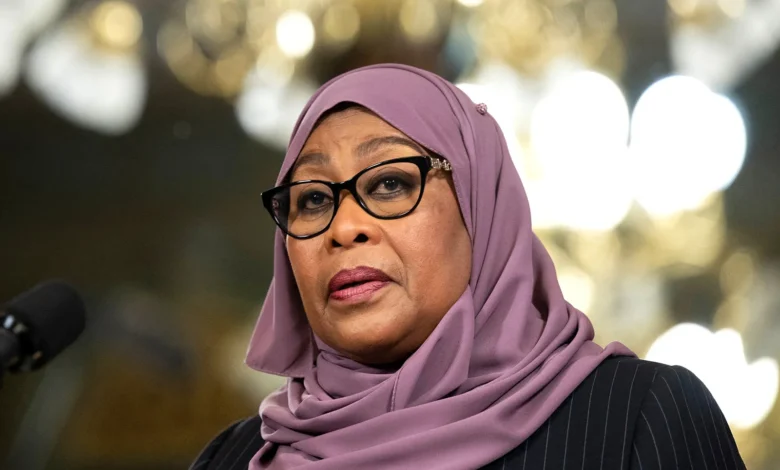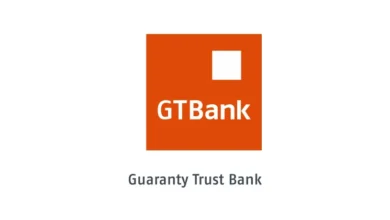
Tanzania’s Information Minister Jerry Silaa officially confirmed on June 4, 2025, that the government has blocked access to social media platform X (formerly Twitter), citing the platform’s allowance of pornographic content that contradicts the nation’s “laws, culture, customs, and traditions”. This latest digital restriction, which has cost the East African nation an estimated $8.9 million in economic losses within just nine days, represents a troubling escalation of state-imposed internet controls as the country approaches its October 2025 presidential and parliamentary elections.
Government Justification and Timeline
Minister Silaa’s televised announcement on June 4, 2025, marked the first official acknowledgment of the X blockade that users had experienced for approximately two weeks. Speaking to local broadcaster Wasafi TV, Silaa stated that the restriction was “a deliberate government measure aimed at enforcing national regulations”. The minister specifically cited X’s content policy changes implemented in May 2024, which began allowing “consensually produced and distributed” adult content.
The current X blockade began on May 20, 2025, following a significant cybersecurity breach involving the official Tanzania Police Force (TANPOL) account. The compromised account, which boasted over 470,000 followers, was used to spread false information, including claims that President Samia Suluhu Hassan had died. The hackers also posted pornographic content through the police account, causing outrage among government officials.
Internet monitoring organization NetBlocks confirmed the disruption, reporting that X became “unreachable on major internet providers in Tanzania” including Halotel, Airtel, Liquid Telecom, Habari Node, and Vodacom. Popular applications including Clubhouse and Telegram have also become inaccessible without Virtual Private Networks (VPNs), suggesting a coordinated approach to limiting digital communication channels.
Political Context and Economic Impact
The X blockade coincided with a broader governmental crackdown on political opposition and regional human rights activists. Kenyan activist Boniface Mwangi and Ugandan human rights lawyer Agather Atuhaire were detained by Tanzanian authorities and held for several days, with reports of sexual abuse during their detention. Opposition leader Tundu Lissu, who survived an assassination attempt in 2017, currently faces treason charges after announcing a campaign to boycott the upcoming elections unless electoral reforms are implemented.
The economic consequences have been substantial and immediate. Gbenga Sesan, Executive Director of the Paradigm Initiative, revealed at the 2025 Africa Internet Governance Forum in Dar es Salaam that the restriction had cost Tanzania upwards of 21 billion Tanzanian shillings ($8.9 million) in just over a week. This figure was calculated using NetBlocks’ cost of shutdown tool, which estimates losses by factoring in GDP, internet penetration, and digital activity levels.
Human Rights Response and Regional Context
Human rights organizations have characterized the shutdown as part of a “disturbing pattern of digital repression” that threatens democratic engagement in Tanzania. The Legal and Human Rights Centre (LHRC) noted that X faced a similar ban prior to the 2020 elections, raising “serious concerns about the openness of digital space” in Tanzania.
Amnesty International has similarly criticized the ban, arguing that it violates freedom of expression and contradicts Tanzania’s constitutional obligations. The LHRC also highlighted the inconsistency in the government’s approach, pointing out that while Minister Silaa confirmed the government’s role in blocking X, officials and public institutions continued to use the platform.
Tanzania’s approach reflects a broader regional trend of governments using internet shutdowns to control political discourse. Uganda implemented a similar social media blackout 48 hours before its 2021 elections, while Ethiopia has maintained a social media ban since March 2023, blocking access to Facebook, TikTok, Telegram, and YouTube.
Looking Forward
The X blockade has been implemented through internet service provider-level restrictions across Tanzania’s major telecommunications networks, with users requiring VPNs to access the platform. Despite official restrictions, many Tanzanian users have adapted by employing circumvention tools, demonstrating public resistance to the restrictions.
As Tanzania moves toward its October elections, the resolution of this digital rights crisis will serve as a critical test of the country’s commitment to democratic principles and constitutional freedoms. The international community’s response and the resilience of Tanzanian civil society will likely determine whether these restrictions represent a temporary measure or a permanent shift toward more authoritarian digital governance in East Africa.





